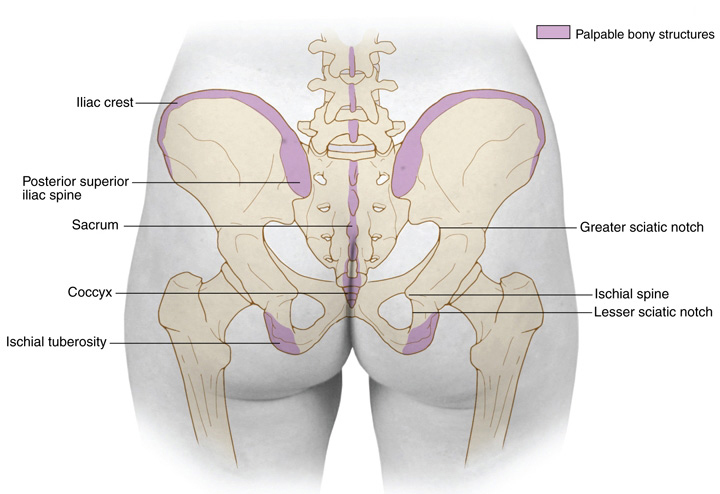"Umm...we're not really sure what to ask."
Many people first hear about doulas from their midwives or from friends who've had a great experience with a doula during a previous birth. But, they don't always understand what a doula does or what they should ask during an interview to help them figure out which doula is the best fit. In fact, we've heard this same sentiment from so many people that we actually made a list to help them out.
Here are our most frequently asked questions and some suggestions of our own. Of course, these aren't the only questions you can ask and you should always ask anything you like. More personalized questions based on your individual needs, wishes, and personalities are great! Take a look at our list to get started and let us know if you have any additions!
Do you have availability for my due date?
Where do you work/what area do you cover?
What's your guiding philosophy for supporting women in labor and birth?
What training or experience do you have?
Why did you become a doula?
Can you provide references from past clients?
What is your birth fee and what does that cover?
How many clients do you take per month?
How do you feel about the use of pain medication during labor?
How do you work with and involve partners?
Do you offer other birth-related services? (breastfeeding support, postpartum care, placenta encapsulation, etc)
Remember, these are just a starting point. Always feel free to ask anything that's on your mind!
Take care,
Kate & Becca








 RSS Feed
RSS Feed

